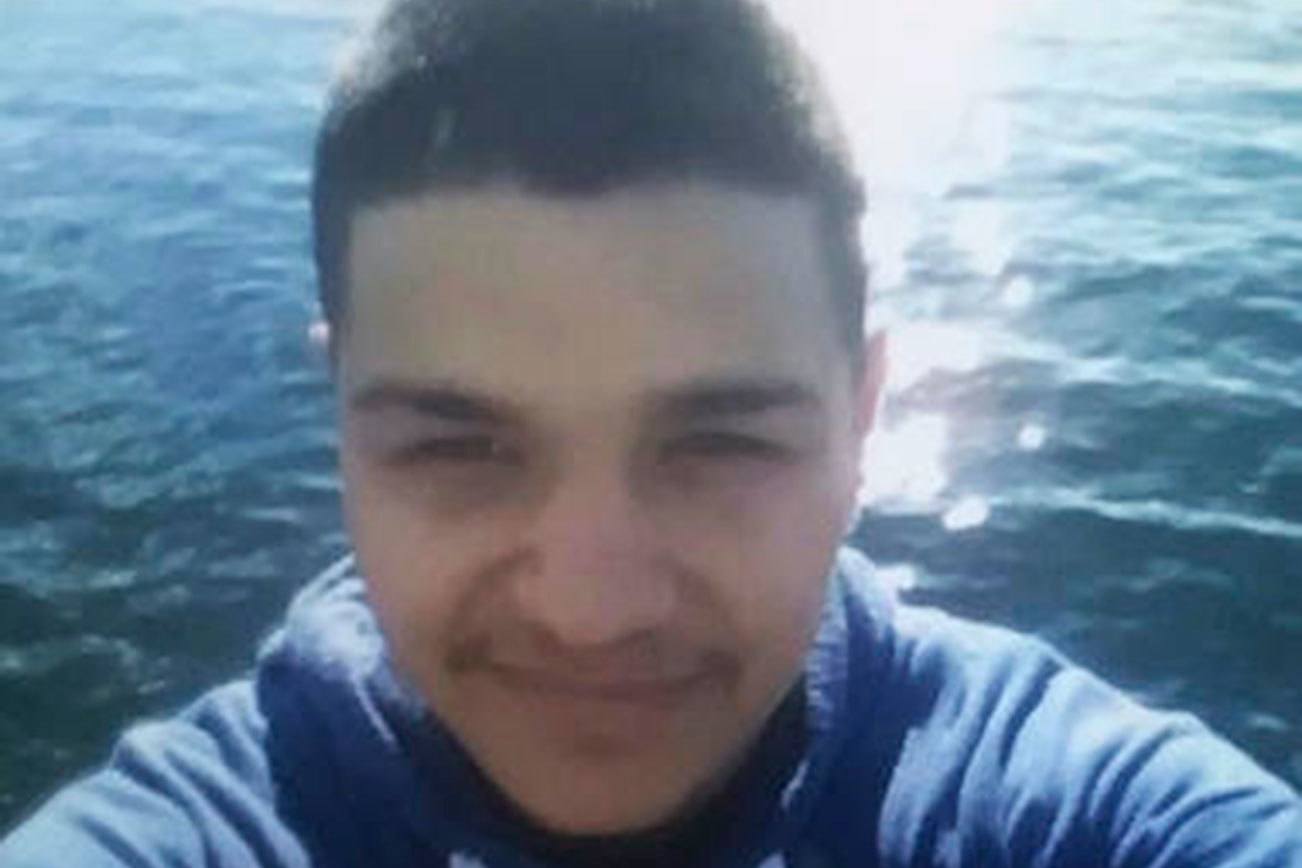Daniel Ramirez Medina remains in custody at the federal detention center in Tacoma, following his arrest last week by Immigrant and Customs Enforcement agents. The young father was brought to the U.S. illegally at age 7, and is cleared to stay here under former President Obama’s Dreamer program, designed to protect immigrants brought to the U.S. as children. But since he was arrested under suspicious circumstances by ICE, Ramirez has been waiting to see whether the promises of one administration carry over into the new one.
And he’s not alone. The arrest, just one month into a Trump administration elected on a platform of hardline anti-immigration policy, is being seen by local Latinos as a test case for how those policies will be carried out on the ground. And it’s raised tricky questions about how the city of Seattle, a self-declared “sanctuary city,” will respond to federal aggression.
“People are very worried,” says Marcos Martinez, executive director of Casa Latina, a local nonprofit that advocates for Latino immigrants. Roberto Dondisch, head consul at the Mexican consulate in Seattle, agrees: “The case has created a nervousness among certain parts of the community. They need to have clarity about what DACA [Deferred Action for Childhood Arrivals] means in their interactions with immigration agents.” Dondisch was present at Ramirez’s initial hearing last week, and sent a letter to the judge about the broader implications of the case.
“The detention of Mr. Ramirez has put a lot of people on edge,” says Martinez, “because it throws into doubt the status of DACA.”
Lawyers for Ramirez appeared in federal court on Friday to ask for his release, citing his DACA status. A judge refused to release him immediately, and referred the question of bail to an immigration court hearing this week. Outside the courthouse, protesters gathered to oppose Ramirez’s detention. While Seattle is a “sanctuary city,” that doesn’t prevent federal agents from raiding undocumented immigrants here. It just prevents city employees, including police, from proactively searching for them and from aiding the feds in certain, limited ways. Councilmember Kshama Sawant on Friday told protesters that the city should become more aggressive in actively opposing immigration agent actions in Seattle, including using the police to block agents’ access to local residents; Mayor Ed Murray issued a statement in response accusing Sawant of trying to divide the resistance movement with impractical ideas. “The Seattle Police Department and the City cannot stop Immigration and Customs Enforcement (ICE) or other federal authorities from conducting raids in our city,” the statement read in part.
President Donald Trump campaigned in part on repealing DACA, an “illegal amnesty program” which he promised to repeal “on day one.” But in a rambling press conference earlier this month, Trump told reporters that “DACA is a very, very difficult subject for me…because you have these incredible kids.”
In fact, one of those DACA kids is Ramirez’s lawyer. “What captivated me about [Ramirez’s] story is my DACA status myself,” said Luis Cortes Romero on Friday to reporters outside the federal courthouse in Seattle. “Daniel is just like me. He’s hardworking, he considers this his home…He came as a child, as well, when he was a few years old, and has grown up here.”
Separate from legal questions of deportation, Martinez says that Trump’s example has inspired a wave of public antagonism against Latinos. “Racists feel emboldened by the huge racist in the government,” he says. “One of my co-workers the other day was taking the bus home to Renton…Someone got off the bus behind her and started spewing racist remarks about brown people—‘Go back to your country,’ things like that.” News of such incidents from Casa Latina members has become a common occurrence since Trump’s election, he says. According to the Southern Poverty Law Center, hate incidents (like hate crimes, but broader) have spiked since Trump’s election, particularly against immigrants.
In response, Martinez says, Casa Latina has rolled up its figurative sleeves and gotten to work. “Since Election Day, we have been working with other organizations…to organize ourselves and mobilize for protecting our communities and planning for how we can resist these assaults and work toward protecting the gains that have been made and extending protections for our community,” he says. That includes cooperating with allied organizations like the Northwest Immigrant Rights Project and Colectiva Legal de Pueblo.
Dondisch, the Mexican consul, says there’s not yet any reason for other DACA recipients to panic. So far, he says, “we haven’t seen an increase of immigration action regarding DACA-protected persons.” If there were an increase, “We would have seen it through the 50 consulates that Mexico has in the U.S.”
The consulate is tracking Ramirez’s case. “Our involvement is limited,” Dondisch says. “We did visit him at the detention center, we made sure he has a good group of lawyers,” he says. “We also provided a letter to the presiding judge regarding how important the DACA program is for the Mexican community in the U.S.” Dondisch says that in addition to ensuring Ramirez’s legal rights are respected, the Mexican consulate needs to be able to “explain to the community what are the implications of this case.”
“We see that the problem in this case is that Daniel [Ramirez] was taken to detention not because he had DACA, but in spite of having DACA protections,” says Dondisch. “There’s nothing that makes us believe that there’s an intention of targeting DACA kids.”
However Ramirez’s case turns out, the world has already changed for immigrants and Latinos in Seattle and across the country. “I was talking to a member [of Casa Latina] this morning, a woman who has three kids in North Carolina,” says Martinez. “They’re all DACA recipients. They’re really, really worried, because they’re people who have kids of their own living in this country”—as does Ramirez. “They built lives here, they have families, they have jobs, careers. To suddenly have this tremendous doubt about whether they might be detained and deported is really worrisome.”
cjaywork@seattleweekly.com









